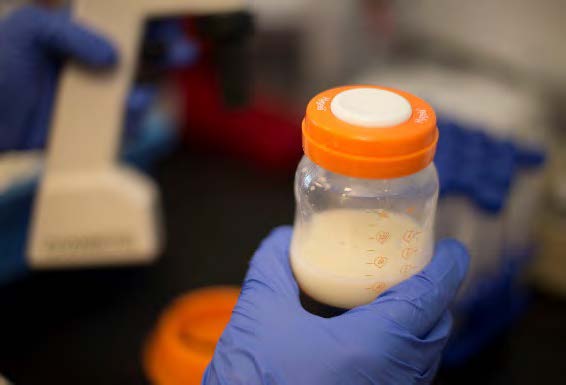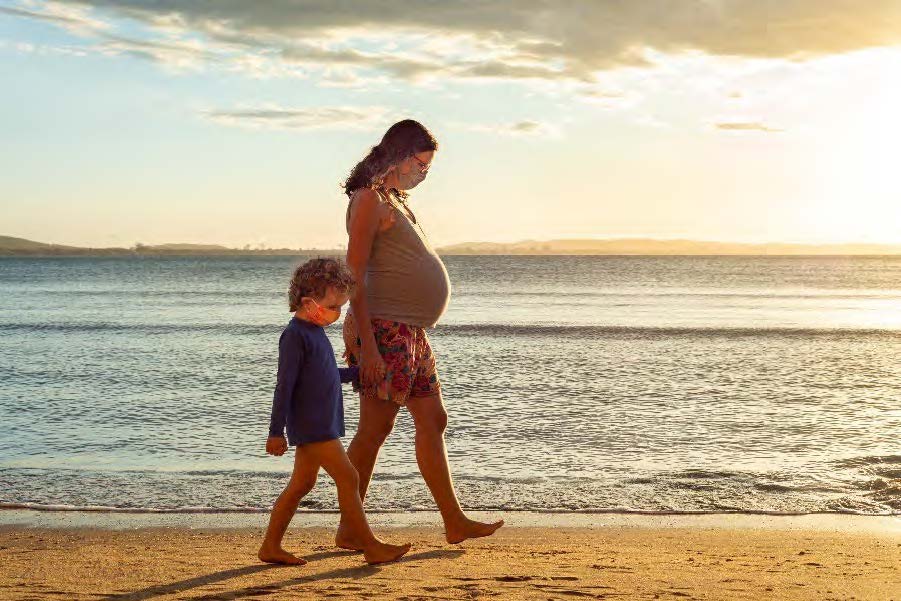Environmental Science & Health
- About
- Research
- Education
- Patient Care
- Contact
Through the Center for Better Beginnings, the Division of Environmental Science and Health continues to conduct cutting-edge local, national and international epidemiologic and biomedical research focused on the identification and prevention of birth defects, miscarriage, preterm birth, pre- and post-natal growth abnormalities and longer term neurodevelopmental and functional impairments.
A major research theme is based on the premise that a substantial number of birth defects which presently have an unknown etiology are the result of drugs, chemicals and/or environmental agents to which the fetus is exposed. Follow-up through systematic post-marketing surveillance of prenatally exposed infants whose mothers were ascertained though MotherToBaby provides a wealth of research material.
In addition, our Division is the coordinating center for MotherToBaby Pregnancy Studies, which consist of multiple national post-marketing surveillance studies of medication and vaccine safety in pregnancy. These studies are conducted through the Organization of Teratology Information Specialists (OTIS). Our Division provides the research infrastructure that allows for proper study design, subject ascertainment, follow-up, collection of data, statistical analysis and interpretation of data. Some of these studies are done in collaboration with the American Academy of Allergy Asthma and Immunology and Boston University as part of the Vaccines and Medications in Pregnancy Surveillance System (VAMPSS).
VIEW OUR STUDIES

A second major research theme relates to the prenatal effects of alcohol. Research efforts in this area are both local and international and include:
In collaboration with UC San Diego's Altman Clinical and Translational Research Institute's Center for Life Course Research and Biorepository, Rady Children's Hospital-San Diego, Sharp Mary Birch Hospital for Women and Newborns and San Diego State University's School of Public Health, in 2014 we opened a human milk repository dedicated to research, the Mommy's Milk: Human Milk Research Biorepository. This enables scientists from diverse fields to answer a multitude of questions about human milk, including its unique biochemical properties and the extent to which pharmaceuticals and substances to which nursing mothers are exposed can be passed to the infant during chest/breastfeeding and their effects on the infant both while nursing and long term.
Researchers and lactating individuals can actively participate in human milk research, and help expand our knowledge and understanding of human milk and child development. We welcome you to explore our human milk sample dashboard and request use of our samples—or sign up to enroll in a study.
Visit Mommy's Milk Website

The Center for Better Beginnings currently runs the State of California Birth Defects Monitoring Program, a long-standing public health surveillance program for birth defects that monitors 15 counties in California and is linked to a State biorepository for maternal serum samples and infant blood spots.
Other collaborations and studies currently being conducted at the Center include:
The first few years of life are a period of exponential brain growth and development, yet we know very little about how this development may be altered by exposures that occur during pregnancy or early in a child’s life.
To address this knowledge gap, the National Institutes of Health has selected the Center for Better Beginnings to participate in the HEALthy Brain and Child Development (HBCD) Study research project.
More About HBCD

We are partnering with investigators at universities and organizations across San Diego County and the State of California to investigate important topics that are impacting the health of San Diego families. The San Diego Study of Outcomes in Mothers and Infants (SOMI) is looking at 10 years of information about genetic factors, environmental exposures, and social determinants of health.
We’ll use the data that we collect to answer some of the most pressing questions about maternal and child health, with the goal of improving outcomes and eliminating disparities for families.